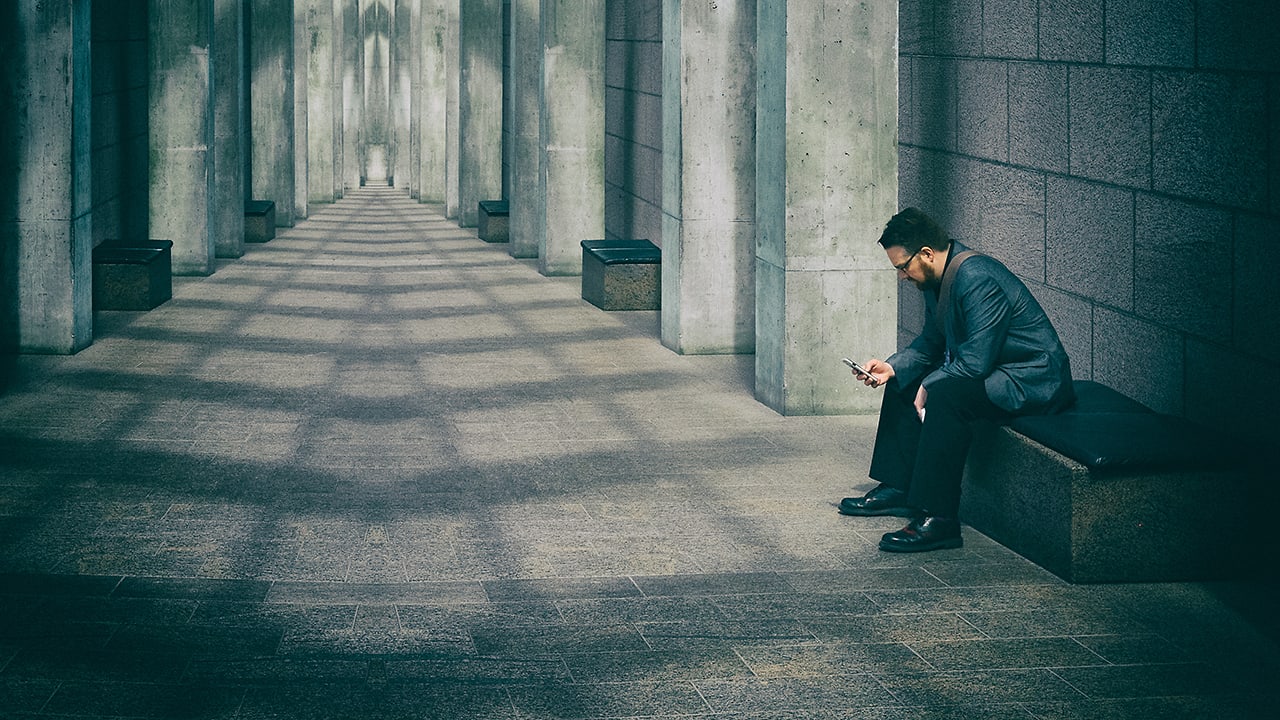 I am a distributer for Young Living which is a MLM that has been around for over 25 years. We are best known for our essential oils, but we have all kinds of lifestyle products that have really impacted my life for the better. So I decided to do this business side of things with them.
I am a distributer for Young Living which is a MLM that has been around for over 25 years. We are best known for our essential oils, but we have all kinds of lifestyle products that have really impacted my life for the better. So I decided to do this business side of things with them.Something that is awesome and I am in the learning process of is how to use social media to build my team. I recently (today) signed up my first person to start their wellness journey. I did this through sharing about my company and my experience on a "12 Days of Shopping" (click here to join if you would like!) Facebook group. I honestly didn't want to because of all the stress of finals and the end of the semester, but a woman from my church asked me so I thought, it can't hurt.
So what did I learn? I first started out by doing a live video in the group going over the products and the basic aspects of getting the products. This was great because I got to interact in real time with a bunch of people and I made connections! This is what it is all about in MLM, building relationships.
Then I posted a couple times a day with some information about the products that I tried and loved. The people who either commented, liked or viewed, I reached out to with a personal message and asked if there were any questions I could answer for them. These people became my prospects. I'm following up with them tomorrow!
With just a couple posts and a live video I had around 25 new prospects, 7-10 people (so far) reached back and said they were interested, I set up 3 different in person meetings, and I signed up one person without even needing to meet in person! This was just a couples hours work over the course of one week.
 So how does this transfer over to other platforms? Facebook has the awesome feature of groups, so that you can't really duplicate on the other top platforms like Instagram and Twitter. But certainly the posts, live videos can all be incorporated easily on Instagram.
So how does this transfer over to other platforms? Facebook has the awesome feature of groups, so that you can't really duplicate on the other top platforms like Instagram and Twitter. But certainly the posts, live videos can all be incorporated easily on Instagram.What I love about using social media for my business and growing team is that is it so much easier to connect with everyone. I am in a couple different groups for my business and some have 12,000 people in them. Talk about a wealth of information! I can have my questions answered at any time of the day! I can grab graphics that are ready made for my and inspiration for my posts. I love the progress thats being made and I can't wait to see where this journey takes me.



